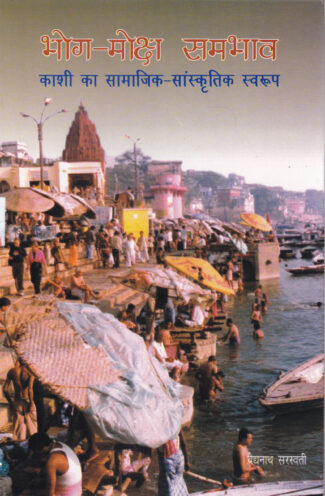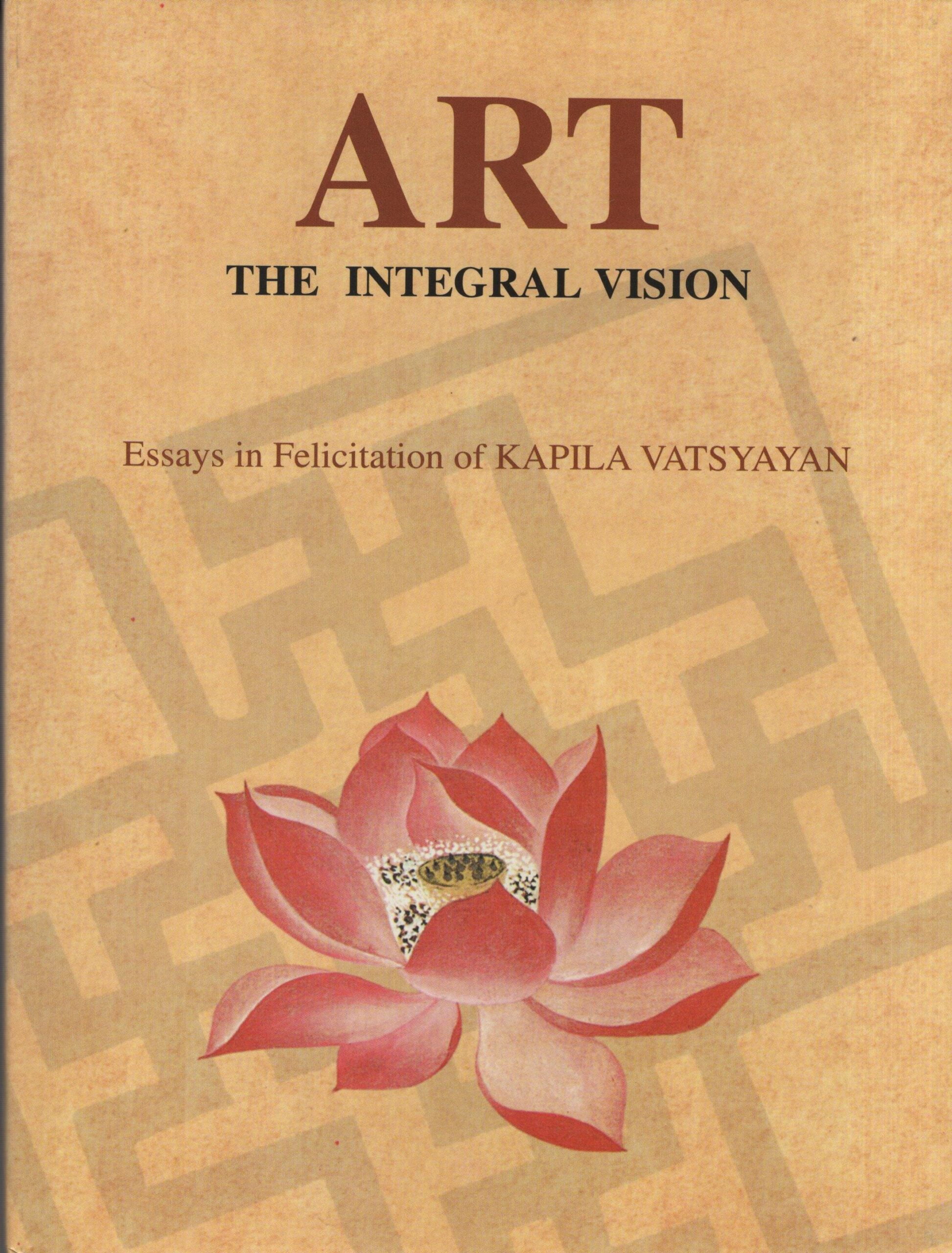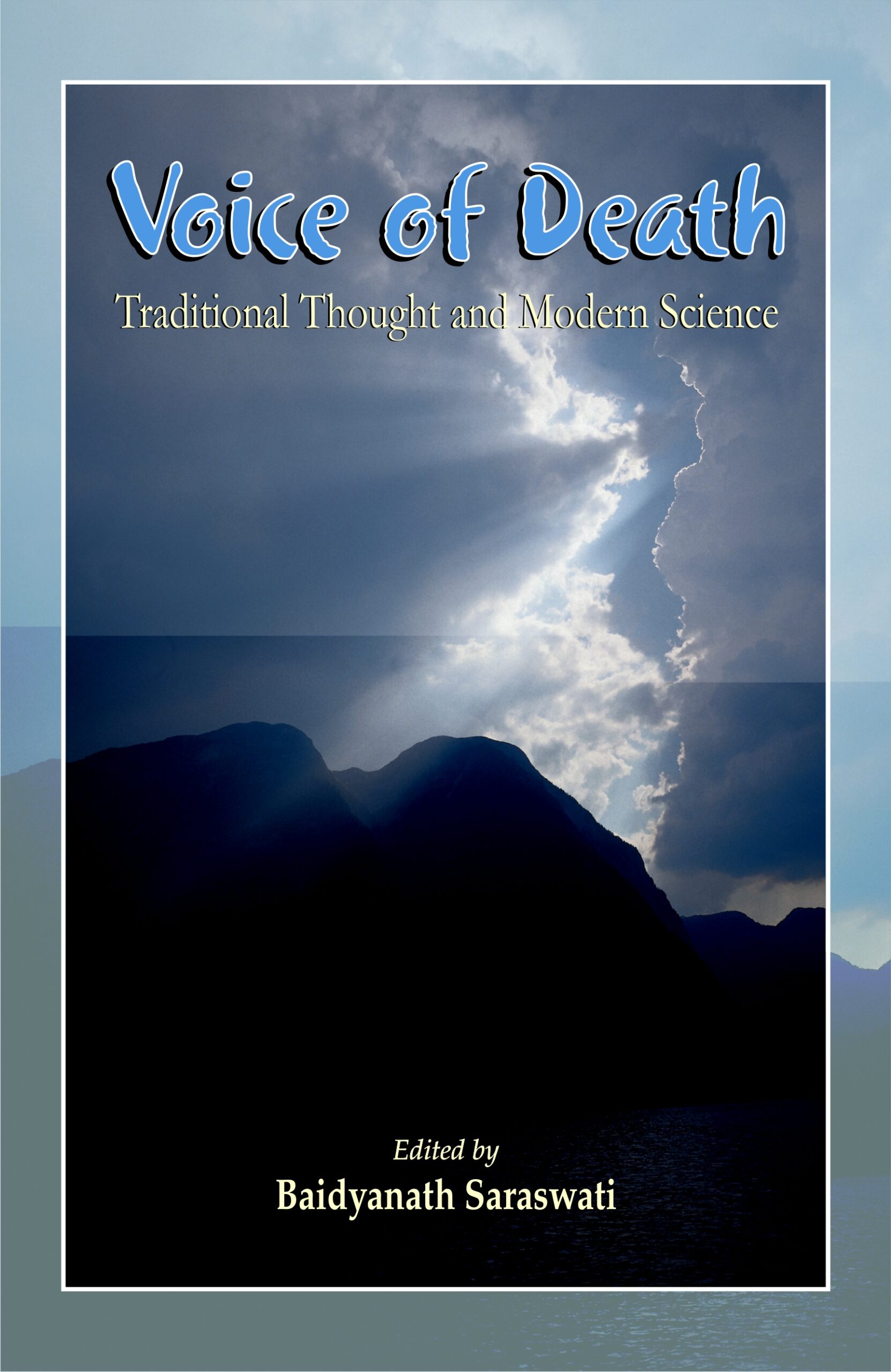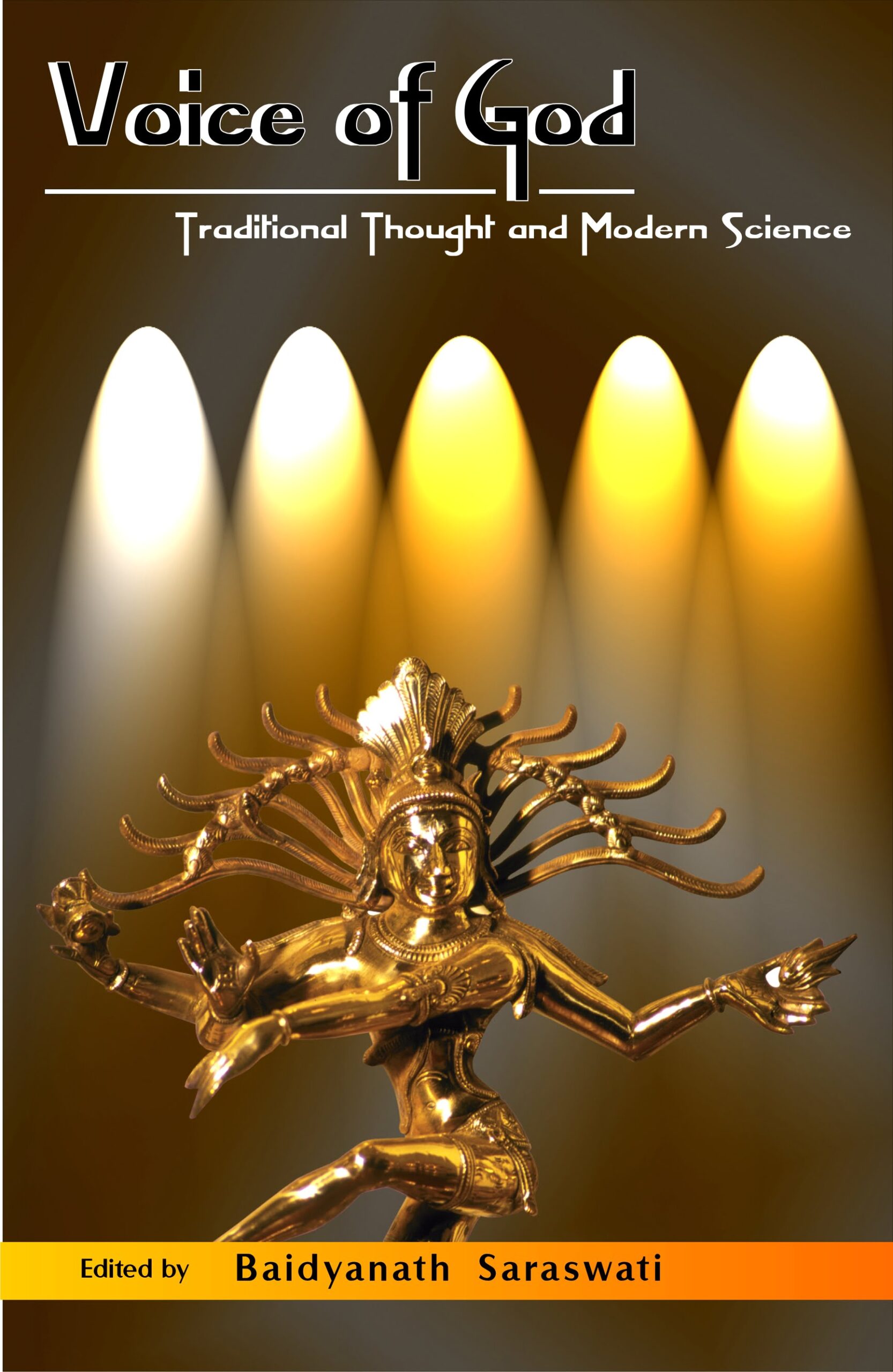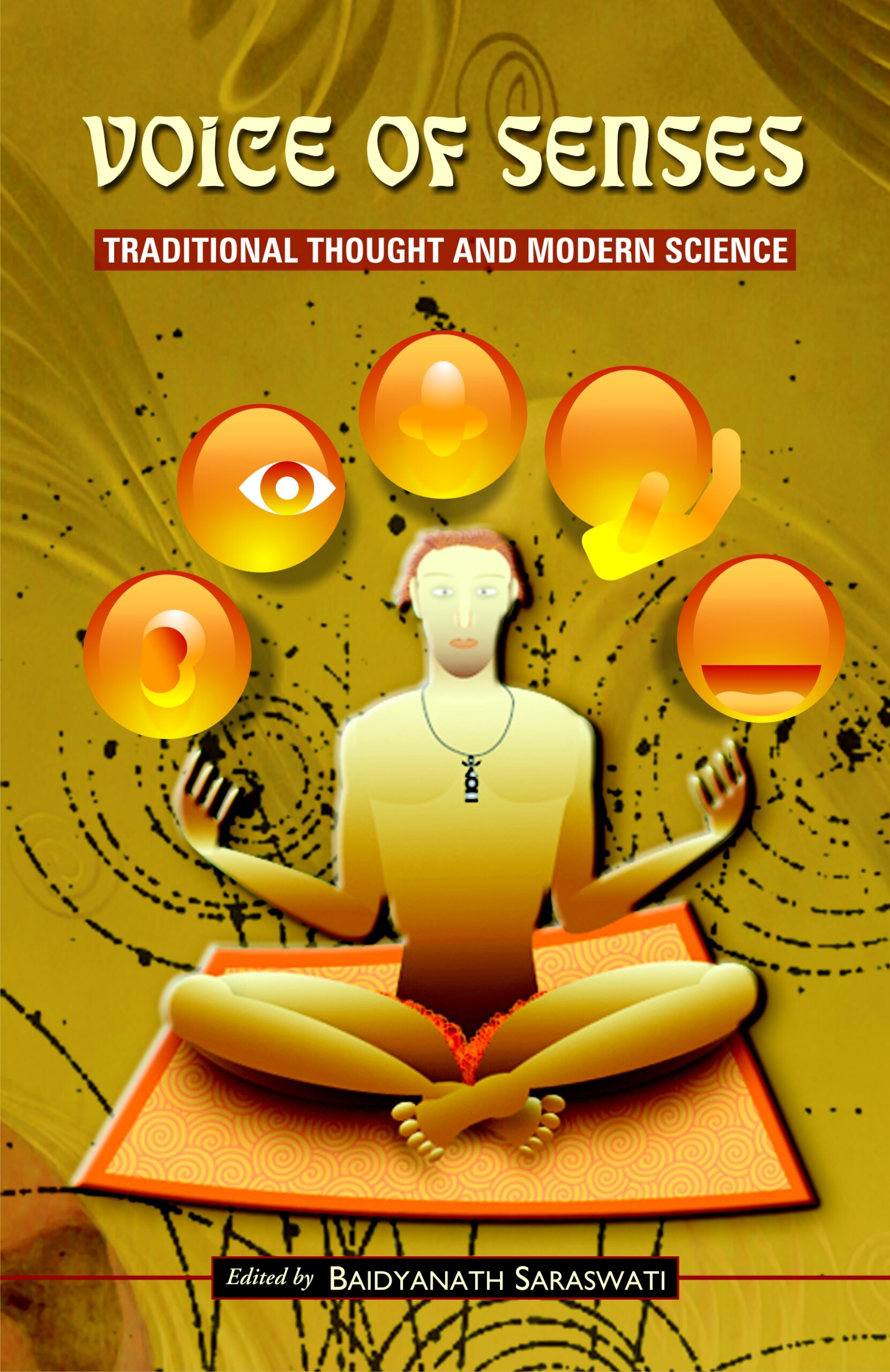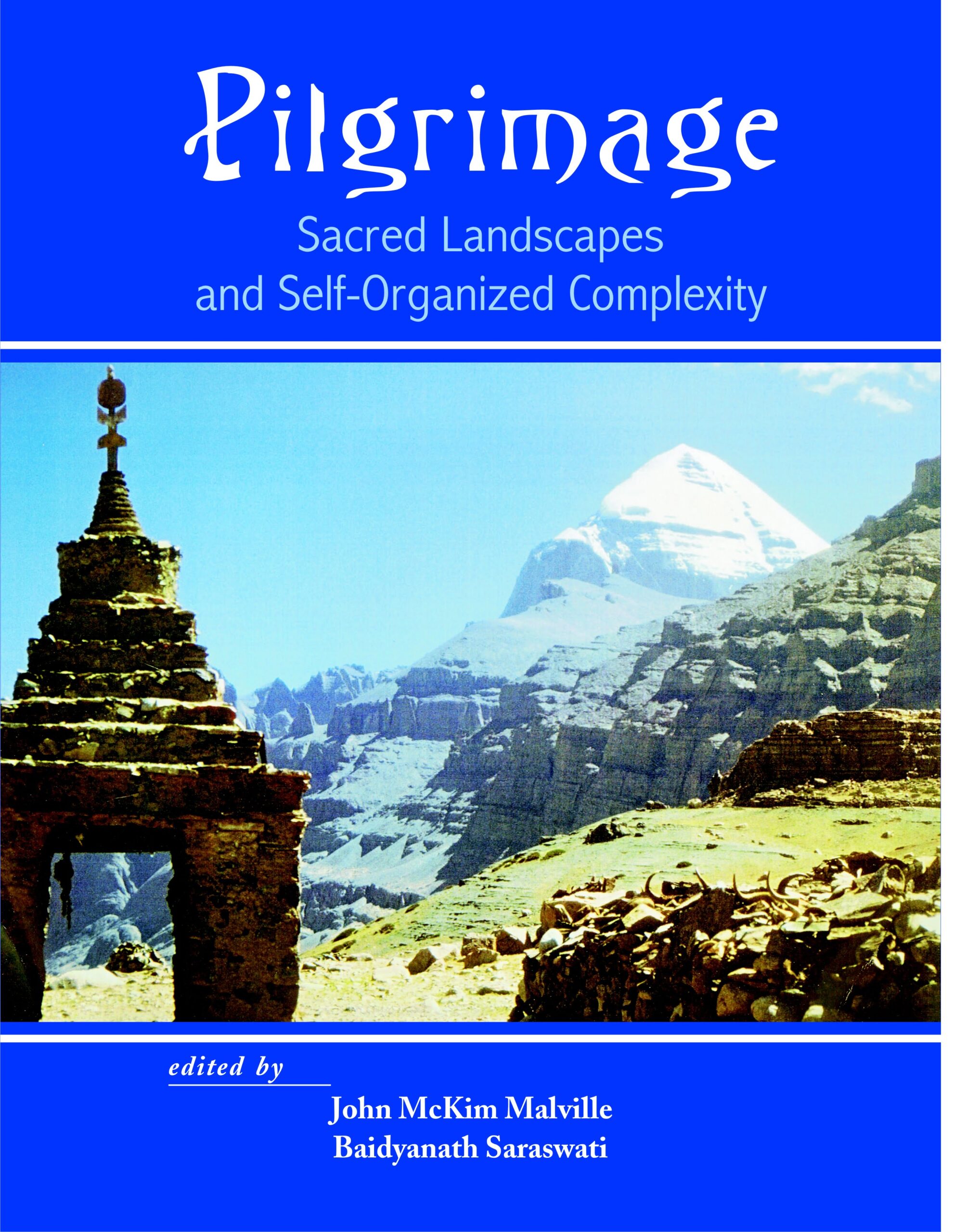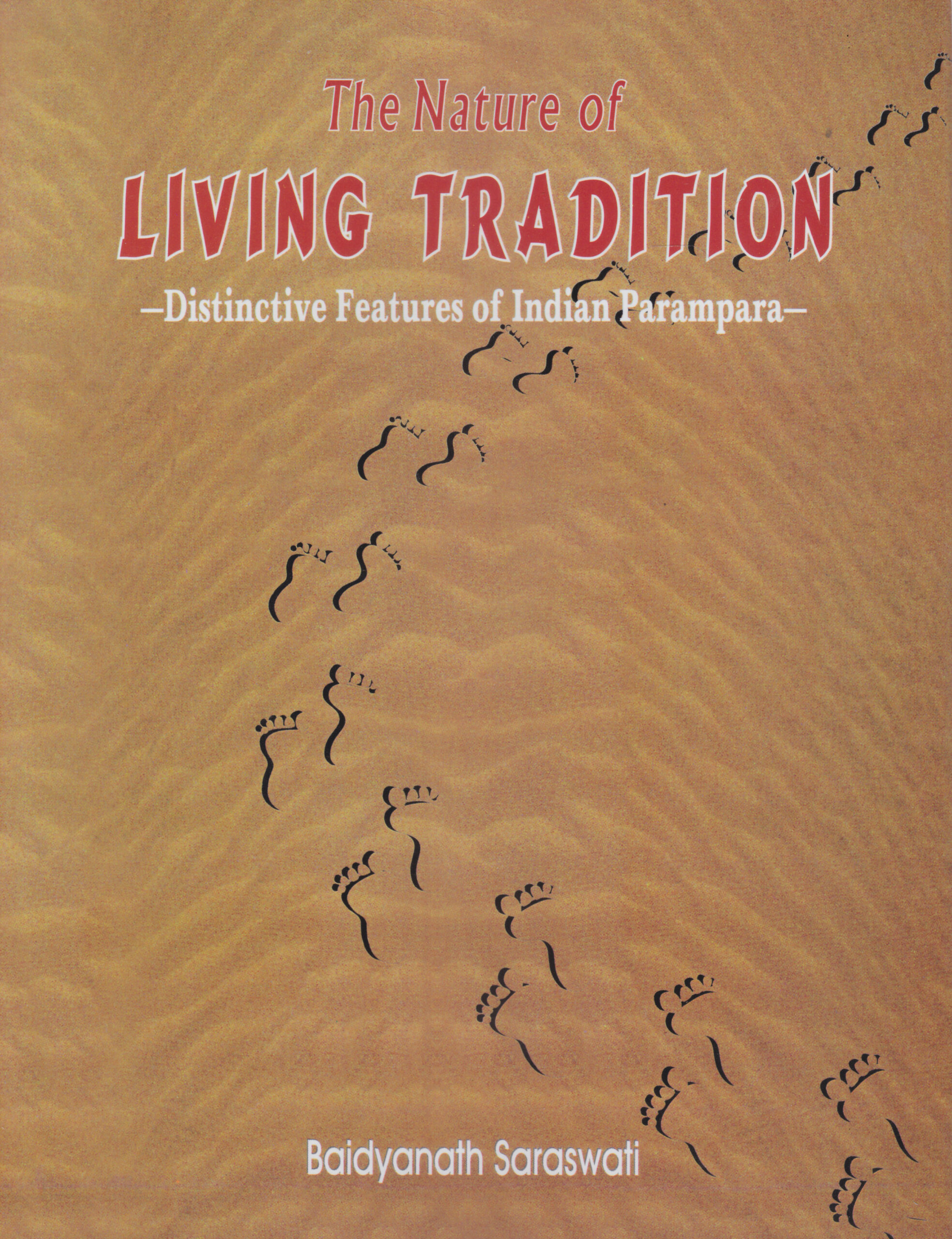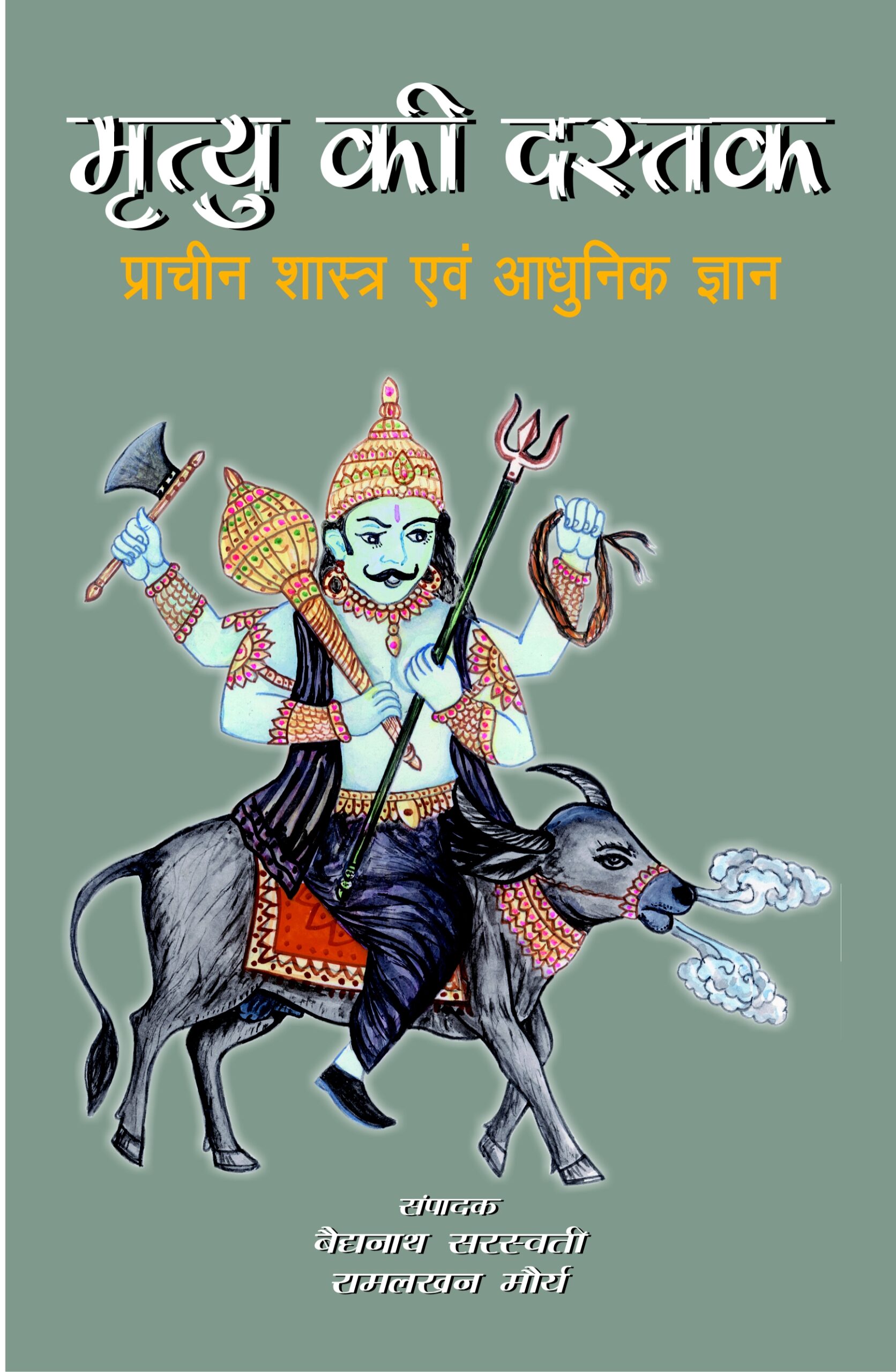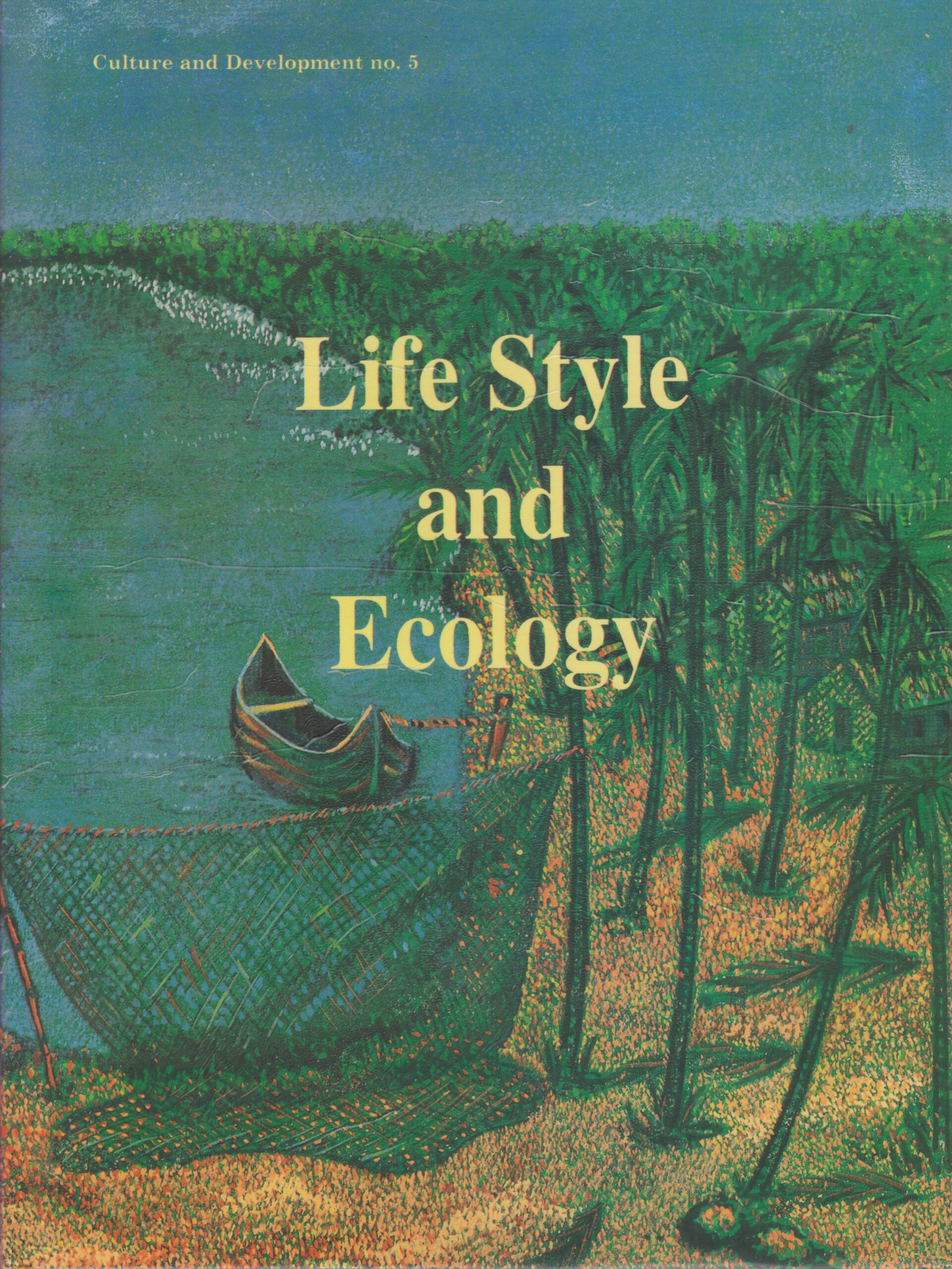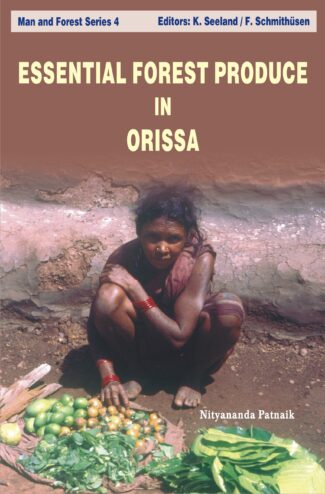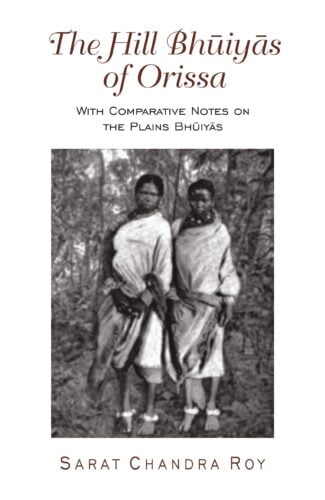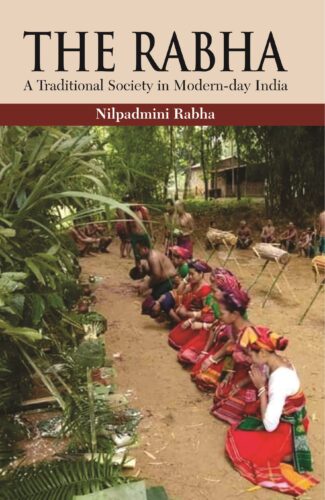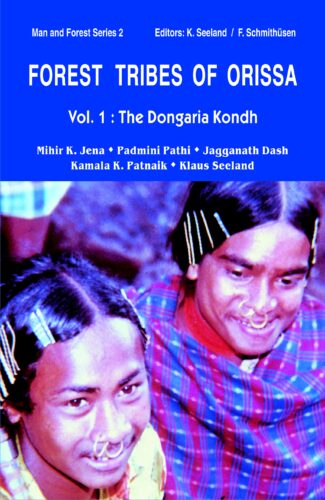

Bhog-Moksha Sambhava...
Bhog-Moksha Sambhava
Kashi Ka Samajika-Samskritika Svarupa by: Baidyanath SaraswatiThis book contains 57 essays on the history of Kashi. They highlight the important religions, sects, factions of Kashi and their involvement in cultural traditions social and economic.
₹850.00 Original price was: ₹850.00.₹765.00Current price is: ₹765.00.
ISBN: 9788124601518
Year Of Publication: 2000
Edition: 1st
Pages : xiii, 362
Language : Hindi
Binding : Hardcover
Publisher: D.K. Printworld Pvt. Ltd.
Size: 23 cm.
Weight: 700
This book contains 57 essays on the history of Kashi. They highlight the important religions, sects, factions of Kashi and their involvement in cultural traditions social and economic.
- Sale!Essential Forest Produce in Orissa by: Nityananda Patnaik
₹450.00Original price was: ₹450.00.₹405.00Current price is: ₹405.00.This volume is the 4th in the ongoing Man and Forest series a series trying to highlight the relevance of indigenous knowledge of various tribal communities in the sustainable management of forests and local resources more specially against the growing challenges of economic development vis-à-vis environmental hazards and a declining resource base. Orissas forests, covering a little over 57,000 sq km (or 36.72% of the states geographical area), are known to have a profusion of minor forest produce (MFP) which has been upgraded due to its importance for tribal livelihood and is called Essential Forest Produce (EFP) through the book. It comprises simple fodder and fuelwood to baffling medicinal herbs, besides numerous economically important plants yielding dyes, tannin, fibres, flosses, essential oils, edible fruits, seeds, leaves, honey among many other items. Yet, despite its enormous economic potential, about three-fourths of this forest wealth has so far been unutilized by the tribal communities largely because of its inaccessibility. With a holistic product profile of Orissas forests, an eminent anthropologist here looks for the rationale behind the vastly deficient utilization of its EFP identifying the entire range of causes: from the tribals incapacity to reach this forest resource to their exploitation by middlemen/traders/moneylenders to the larger forest policy issues. Dr Patnaik also proposes measures which would help tribals not only to actualize the inherent potential of EFP but, in turn, strengthen their economy as well. It is a painstaking empirical study of interest to social anthropologists, environmental activists, foresters, development economists, forest resource economists planners and policy-makers.
- Sale!Hill Bhuiyas of Orissa by: Sarat Chandra Roy
₹650.00Original price was: ₹650.00.₹585.00Current price is: ₹585.00.Bhuiyas, numbering around two million, are the aboriginal tribes of Central Hill Belt of India. These primitive Pauri or Hill Bhuiyas of Keonjhar, Bonai and Pal Lehera states, and the Hinduized Bhuiyas of Himgir and Nagra of Gangpur State of Orissa in British India are the subject of this study, delineating their various stages of cultural development over a period of time.
These Bhuiyas are comparatively more primitive in their customs and manners than the other sections of the tribe. But their contacts with the Hindu society and its culture have to a minimal extent modified their primitive culture. With the advent of cultural growth, some sections of these Bhuiyas have given up their honorific titles and adopted some Hinduized titles, to elevate themselves in the social hierarchy.
This book, a gold mine of socio-anthropological studies, offers much-needed details about the Pauri Bhuiyas affinities and population, habitat, physical and mental characteristics, economic life, social and kinship organizations, and customs of birth, childhood, puberty, marriage, inheritance and death. This volume also delves deep into their folklore, religious faith, superstitions and magic practices. It further discusses certain points of agreement and difference in the customs and beliefs of the Hill Bhuiyas and some other Munda-speaking tribes of the Central Hill Belt. - Sale!The Rabha: A Traditional Society in Modern-Day India by: Nilpadmini Rabha
₹5,600.00Original price was: ₹5,600.00.₹5,040.00Current price is: ₹5,040.00.The Rabha is an ancient tribal community of the northeast area of India. With both a unique language and religion, they represent an ancient culture continuing to live in modern India; while some aspects of the Hindu religion appear to be assimilated by the community, the author is careful to note that they continue to retain much of their exclusive features, and points out some of those. The author goes to a great depth to present both the religious and social aspects of the Rabha people, and weaves a tapestry of the interrelationships between the two, which serves as the basis for the Rabha life today, as it has also functioned historically. She goes further, pointing out the changes of the Rabha that are occurring in modern Indian society, and points to some influences that modern religions are having on the traditional rituals and rites. With its in-depth study of the unique features of a little-known, ancient society of North East India, the text should be of considerable value for the sociologist, as well as the student of little-known tribal religions; it will also provide a great deal of knowledge to those who are trying to understand the changes that are taking place in modern Indian society, as well as other transitioning nations.
- Sale!Gender, Space and Resistance: Women and Theatre in India by: Anita Singh, Tarun Tapas Mukherjee,
₹1,800.00Original price was: ₹1,800.00.₹1,620.00Current price is: ₹1,620.00.This book explores the presence and contribution of women to the recorded history of Indian theatre. It provides a platform to raise, discuss and debate issues, aesthetics and techniques connected with the Indian theatre in the backdrop of political, social and moral values of women in theatre. An attempt to fill up the vacuum of scholarly literature on the role of women in theatre, this book expects to create enough academic value and interest. Its content unearths the dynamics of gender in the history of theatre. It extensively deals with the theoretical and practical aspects of women’s theatre.
This anthology also addresses the various social issues associated with gender inequality through essays, play-texts and interviews. In a similar vein, it delves deep into the relationship among theatre, public/private sphere and gender. This work purports to address a variety of needs of feminist researchers and laymen who are not conversant with the contribution of women to theatre and its obvious political and transformative intent.
This collection also intends to see how the theatrical space could unsettle the gendered binaries regulating women’s presence in public space, and proposes to see why and how relevant feminist politics is in re-imagining a vibrant and inclusive concept of gender fairness and justice in contemporary India. It extends high referral value for researchers, students and even laymen with interest in the role of women in theatre. - Sale!Forest Tribes of Orissa Vol. 1: Dongaria Kondh Forest by: Mihir K. Jena, Padmini Pathi, Jagannath Dash, Kamala K. Patnaik, Klaus Seeland,
₹1,650.00Original price was: ₹1,650.00.₹1,485.00Current price is: ₹1,485.00.In the management of renewable resources, forests have undeniably a vital role and today, as never before, their conservation is an urgency. In view of this dire necessity, the series Man and Forest tries to highlight the relevance of indigenous knowledge of various South Asian tribal communities in the sustainable management of forests/local resources more specially against the growing challenges of economic development vis-a-vis environmental hazards and a rapidly declining resource base. A scientific inquiry into indigenous knowledge is an effort to discover/ rediscover the tribals traditional modes of production and conservation. For them it is the only source to cope with the problems of modernity affecting their lives and precarious environments. Forest Tribes of Orissa: The Dongaria Kondh is the second book in the series of monographs of Man and Forest, and the first focussing on a tribal community today caught in the transition between an autochthonous lifestyle and fragments of modernity. The authors attempt to document the Dongarias traditional knowledge of their natural environment; how they classify trees, plants, hills, forests, crops, and soils; and how so far they have been managing their forests. Also meticulously delineated, as a backdrop to this study, are the Dongarias geographical landscape, economy, socio-political organisation, oral traditions, belief cosmos, and other relevant socio-cultural aspects. The present book is, as most of the volumes in the series, the outcome of nearly ten-years research venture involving an interdisciplinary, intercultural team of sociologists, ethnobotanists, social anthropologists and other social scientists.


